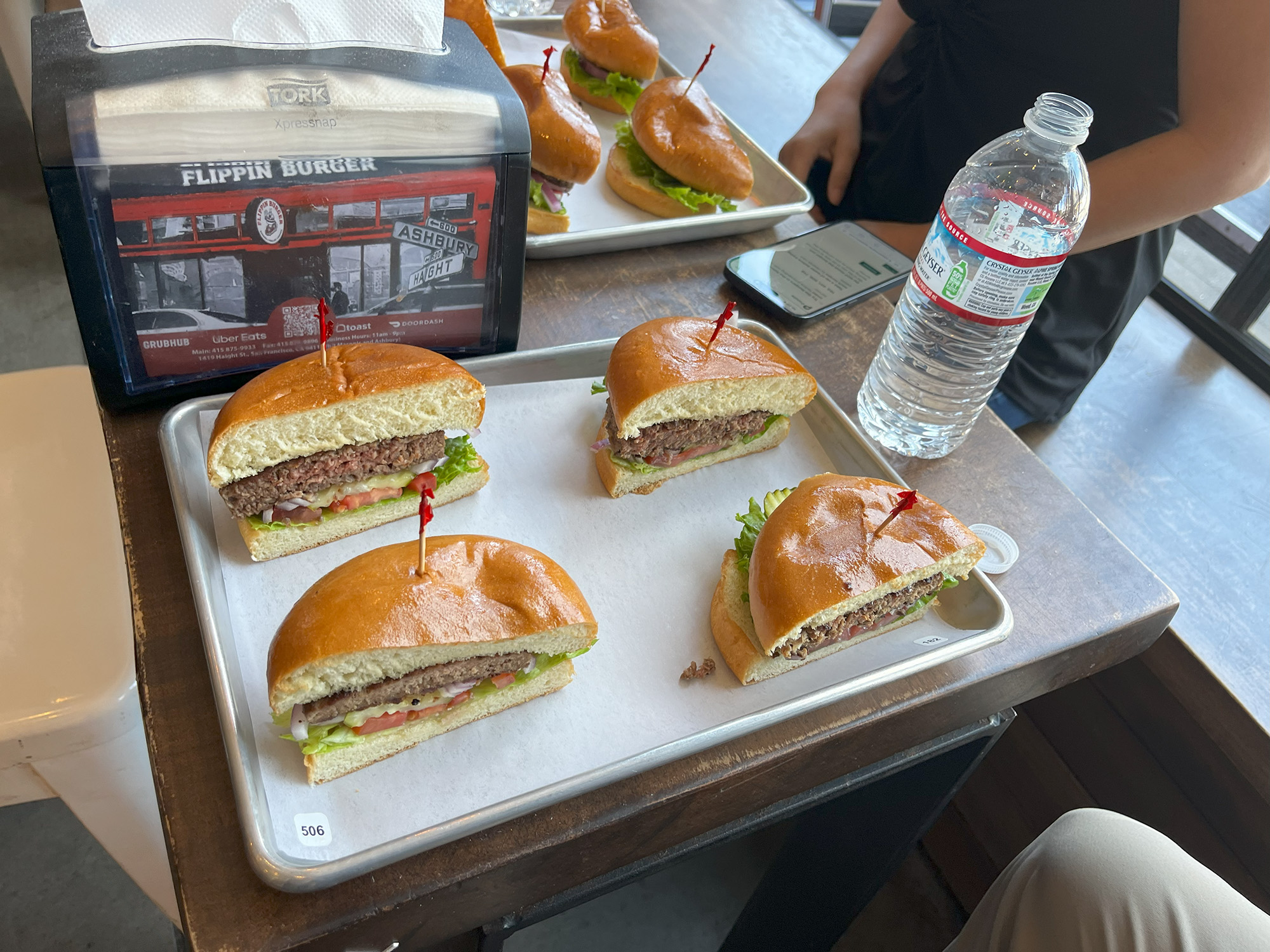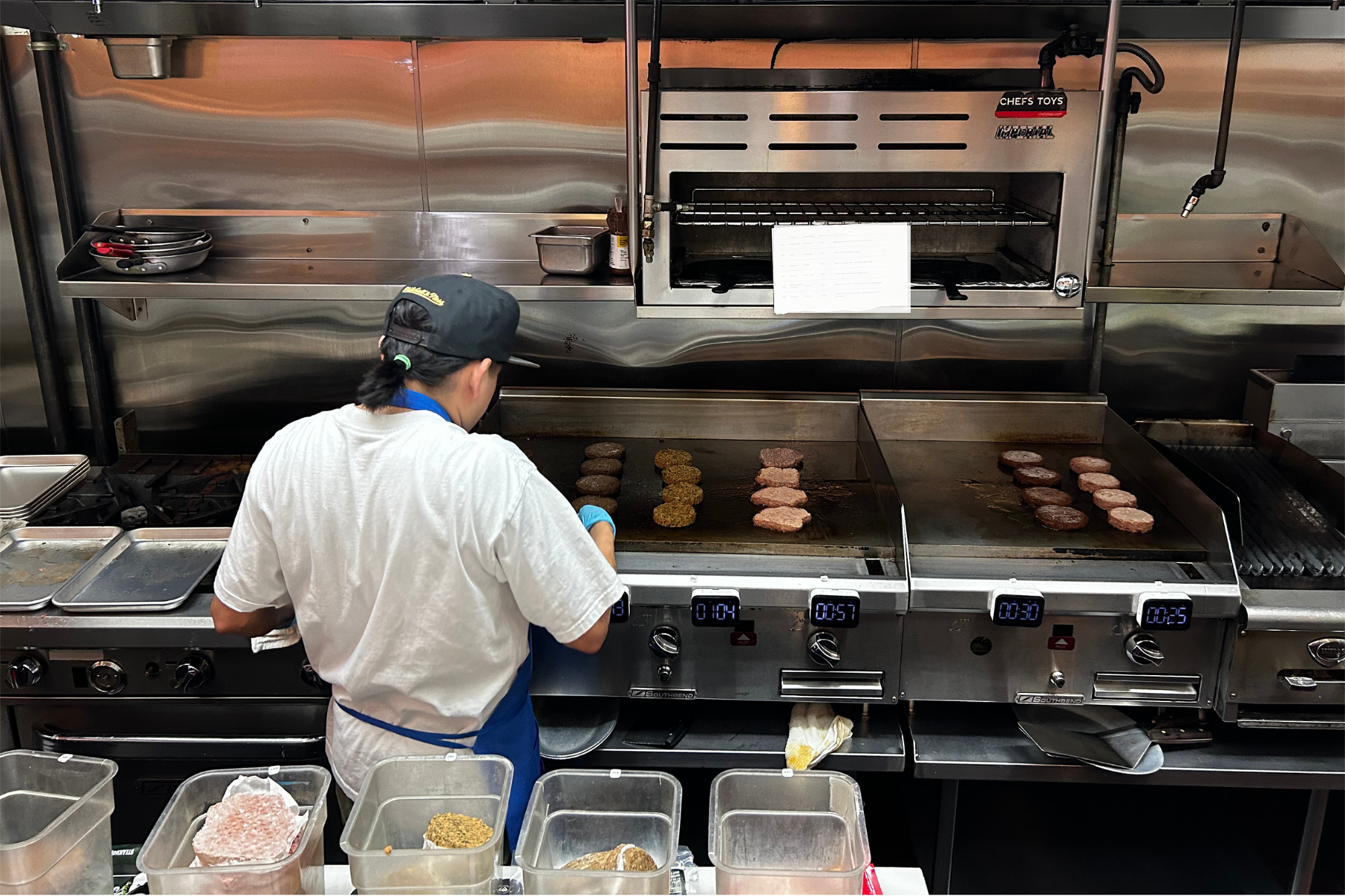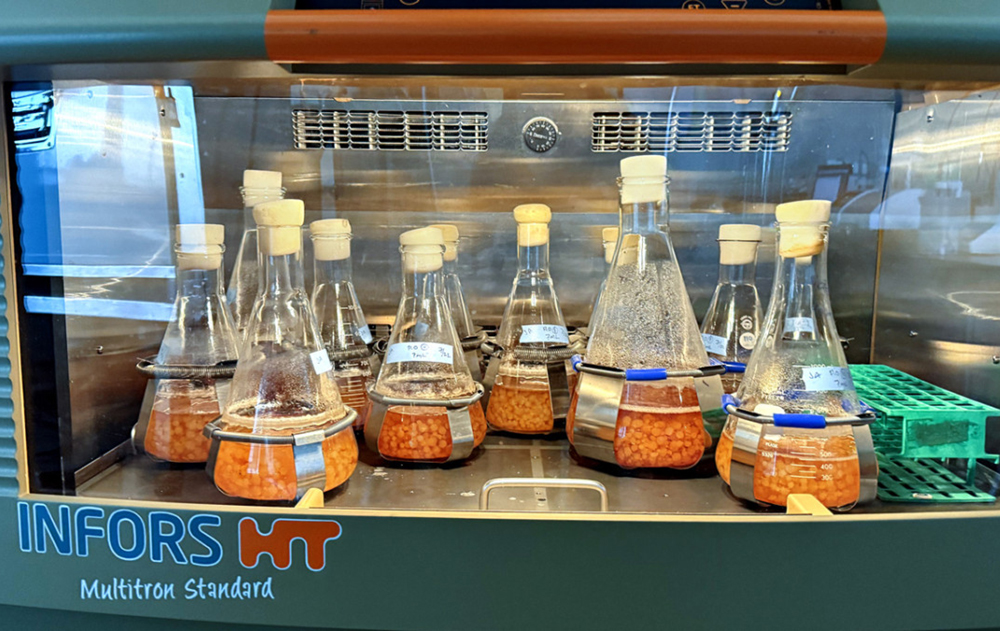

FPP Amsterdam 2025 Speaker Interview: Taste is the gatekeeper – why flavor still determines the future of plant-based meat
With the world’s largest public sensory study now complete, NECTAR’s Caroline Cotto is proving that the fastest way to grow the plant-based meat category isn’t cheaper ingredients or louder marketing – it’s flavor that truly satisfies
For all the progress plant-based meat has made, one factor still decides whether it wins over consumers: taste. Price and nutrition may influence the first purchase, but as Caroline Cotto, Director of NECTAR at Food System Innovations, explains, flavor is what drives the second. “Consumers ultimately decide with their tastebuds first,” she says. “If it doesn’t taste good, you won’t see repeat purchases.”
Cotto’s organization, NECTAR, runs the largest public sensory studies ever conducted in the plant-based space. Its work helps brands identify what’s holding products back – and which ones are getting it right. From texture and juiciness to off-flavors and mouthfeel, the group’s research provides the data that can turn an underperforming product into one people actually crave.
Off-flavors and aftertastes remain the most common consumer complaints. “Many people describe plant-based meats as less savory and sometimes having a chemical aftertaste,” Cotto says. Texture issues such as mushiness and dryness are equally common, with plant-based meats described as juicy 62% less often than conventional meat.
“We’re not sugar-coating things. We give awards where they’re due and don’t where they’re not”
But the picture is improving. “Best-in-class products are closing these gaps, and perceptions are slowly shifting in categories like burgers and nuggets where R&D has delivered notable progress,” she notes.
NECTAR’s approach to understanding these sensory challenges differs sharply from typical R&D testing or focus groups. Its blind taste tests, conducted in restaurant-style settings, simulate real-world conditions and collect feedback from omnivores – people who regularly eat both meat and plant-based foods.
In 2025, NECTAR evaluated 122 products across 14 categories. Each participating brand received granular feedback tied directly to consumer purchase criteria, allowing them to see precisely where improvements were needed. “We want brands to use this feedback to drive R&D further and improve taste,” Cotto says.
The approach is already working. One bacon product, tested in 2024, received feedback to make it smokier and less salty. The company reformulated and later launched in Whole Foods. When NECTAR tested the updated product a year later, its overall liking score rose by 1.9 points – a measurable payoff for investing in flavor.
NECTAR’s Taste of the Industry 2025 report is the largest blind sensory study ever conducted for plant-based meats. The project, says Cotto, aims to make data public so the entire sector can learn from it.
One surprise in the results: 20 products across several categories were rated the same or better than their animal equivalents by at least half of tasters. “That’s real progress,” she says, “but there’s still a long way to go.” Complex textures like whole-cut steak and bacon remain the hardest to replicate.
Some emerging trends also stood out. “We’re seeing the rise of mycelium-based meats, which performed well on texture,” she says. “New deli-slice formulations also performed strongly, showing category-level opportunity beyond burgers and nuggets.”

Recognizing excellence with the TASTY Awards
To celebrate progress, NECTAR launched the TASTY Awards, a program honoring plant-based meats that meet or exceed consumer taste expectations. “We wanted to give consumers an objective way to distinguish which products actually satisfy their tastebuds,” says Cotto. “Similar to Good Housekeeping, we set high standards for what earns the mark.”
Awards are granted solely on blind sensory metrics – no marketing spin. “We’re not sugar-coating things,” she adds. “We gave five awards in burgers last year, but none in pulled pork, steak, bacon, or bratwurst because the products weren’t meeting expectations.”
When products do excel, NECTAR amplifies them. “We go above and beyond to show how delicious they can be,” says Cotto. “That excitement helps bring more consumers to the category.”

The winners often reflect both brand maturity and innovation. “More established players like Impossible Foods, Beyond, Tofurky, and MorningStar emerged as winners,” she says. “But we were also encouraged by the variety – deli slices, hot dogs, and breakfast sausages all performed well. It shows that innovation is happening across the spectrum.”
Her hope is that the TASTYs inspire deeper investment in formulation, not shortcuts. “Our goal is to shift how companies approach product development,” she says. “Flavor and texture should come first – not just masking with seasoning or cutting costs. Taste is the gatekeeper for growth.”
Among all sensory dimensions, texture stands out as the biggest opportunity. “It’s the least reliably replicated but the most influential in overall liking,” Cotto explains. Consumers respond most strongly to attributes like juiciness, chew, and crispness – qualities that evoke traditional meat experiences.
NECTAR’s data shows that conventional meat is described as ‘juicy’ 2.6 times more often than its plant-based counterparts. Tenderness is another pain point, with many consumers citing ‘mushy’ or ‘grainy’ textures. “Brands can’t afford to ignore either dimension,” Cotto says. “Flavor and texture interact dynamically – poor texture amplifies off-flavors, while great mouthfeel can make even simple formulations more appealing.”

Taste as a lever for climate impact
Improving the taste of plant-based meat isn’t just a business imperative; it’s also a climate strategy. According to the UN Food and Agriculture Organization, livestock supply chains account for roughly 15% of global greenhouse gas emissions.
“Better-tasting plant-based options are a direct catalyst for decarbonizing food systems,” Cotto explains. Lifecycle assessments of Impossible Foods’ products show up to 91% fewer greenhouse gas emissions, 96% less land use, and 92% less water use than standard beef burgers.
The potential impact of taste-driven adoption is enormous. “If Burger King and McDonald’s changed their hamburger patties to 50/50 balanced-protein versions, it could reduce emissions by 51 million tons – the equivalent of the total emissions of Switzerland – and achieve 80% of both brands’ net-zero targets,” she says.
“Taste is the gatekeeper for growth in plant-based protein”
Cotto believes timing is critical. “Many consumers had a bad experience early on in the plant-based meat movement,” she says. “If the taste gap isn’t closed soon, the window for shifting habits at scale may narrow.”
With global meat consumption still rising, she argues, “the time for plant-based products to break through has never been more urgent”.
Ultimately, NECTAR’s mission is to align sensory science with sustainability outcomes. “We hope to show that the path to success in sustainable protein – and in sustainable food as a whole – is to make it so delicious it’s undeniable,” says Cotto. “When the more delicious choice is also the better one for people and the planet, it’s hard to lose.”
Her vision for the next decade is clear: a supermarket where plant-based and balanced-protein products sit directly beside conventional meat. “By 2035, I’d like to see those options as the default – and meat as the opt-in,” she says.
If you have any questions or would like to get in touch with us, please email info@futureofproteinproduction.com

.png)






